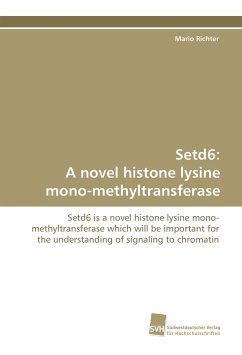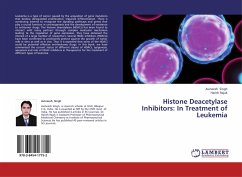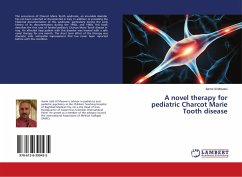In this work we characterize a novel histone lysine mono-methyltransferase called Setd6. By enzymatic assays we demonstrate that this protein is capable of modifying histone H1, H2A, H3 and H4. For all but the linker histone H1 we furthermore determine the exact residue methylated. In mouse NIH 3T3 cells a reduction of the Setd6 protein level leads to a misregulation of a set of genes including several that are important for the regulation of differentiation and cell line commitment. Amongst those is a segregated co-regulator of the Wnt signaling pathway. In immunoprecipitation experiments we identify specific interactors of Setd6 in murine immortalized fibroblasts and murine embryonic stem cells. Again we find proteins that are important for the Wnt signaling pathway. Taken together the enzymatic activity and the in cell results we conclude that we identified a novel histone lysine mono-methyltransferase possibly involved in the maintenance of cell line identity and acting as antagonist of the histone acetyltransferase Tip60 as both enzymes target the exact same residues.
Bitte wählen Sie Ihr Anliegen aus.
Rechnungen
Retourenschein anfordern
Bestellstatus
Storno








